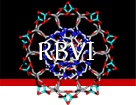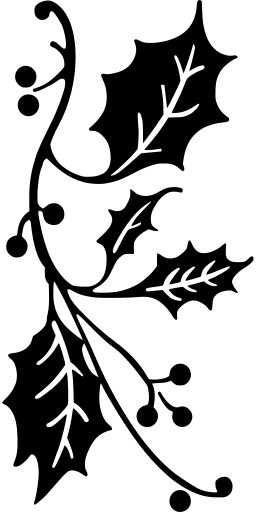

 about
projects
people
publications
resources
resources
visit us
visit us
search
search
about
projects
people
publications
resources
resources
visit us
visit us
search
search
Quick Links
Featured Citations
Conformational dynamics of a multienzyme complex in anaerobic carbon fixation. Yin MD, Lemaire ON et al. Science. 2025 Jan 31;387(6733):498-504.
Structural basis of H3K36 trimethylation by SETD2 during chromatin transcription. Markert JW, Soffers JH, Farnung L. Science. 2025 Jan 31;387(6733):528-533.
Native DGC structure rationalizes muscular dystrophy-causing mutations. Liu S, Su T et al. Nature. 2025 Jan 30;637(8048):1261–1271.
Structural diversity of axonemes across mammalian motile cilia. Leung MR, Sun C et al. Nature. 2025 Jan 30;637(8048):1170-1177.
Conformational protection of molybdenum nitrogenase by Shethna protein II. Franke P, Freiberger S et al. Nature. 2025 Jan 23;637(8047):998–1004.
More citations...News
December 25, 2024

|
December 12, 2024
The ChimeraX 1.9 production release is available! See the change log for what's new.
October 14, 2024
Planned downtime: The ChimeraX website, Toolshed, web services (Blast Protein, Modeller, ...) and cgl.ucsf.edu e-mail will be unavailable starting Monday, Oct 14 10 AM PDT, continuing throughout the week and potentially the weekend (Oct 14-20).
Previous news...Upcoming Events
UCSF ChimeraX (or simply ChimeraX) is the next-generation molecular visualization program from the Resource for Biocomputing, Visualization, and Informatics (RBVI), following UCSF Chimera. ChimeraX can be downloaded free of charge for academic, government, nonprofit, and personal use. Commercial users, please see ChimeraX commercial licensing.
ChimeraX is developed with support from National Institutes of Health R01-GM129325, Chan Zuckerberg Initiative grant EOSS4-0000000439, and the Office of Cyber Infrastructure and Computational Biology, National Institute of Allergy and Infectious Diseases.
Feature Highlight
|
|
The 3D contents of the ChimeraX graphics window can be embedded in a web page by:
Example Image

The photosynthetic reaction center from a
purple sulfur bacterium is shown as a cartoon with “tube” helices
and membrane boundaries from the OPM database (Orientations of Proteins in Membranes,
entry 1eys).
Blue and red balls represent the cytoplasmic and periplasmic sides
of the bacterial inner membrane, respectively.
The title and other text labels were added with the
2dlabels
command and repositioned interactively with the move label
mouse mode
![]() .
ChimeraX session file: prc.cxs
.
ChimeraX session file: prc.cxs
About RBVI | Projects | People | Publications | Resources | Visit Us
Copyright 2018 Regents of the University of California. All rights reserved.